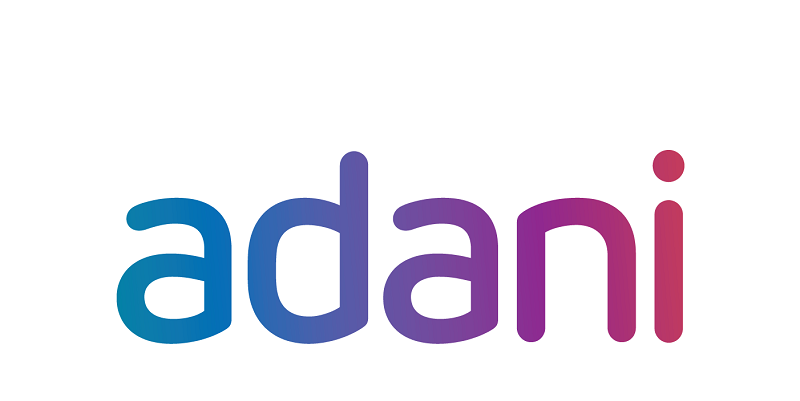Schedule a Call Back
Lithium-ion battery charging the future green
 Industry News
Industry News- Jul 29,24
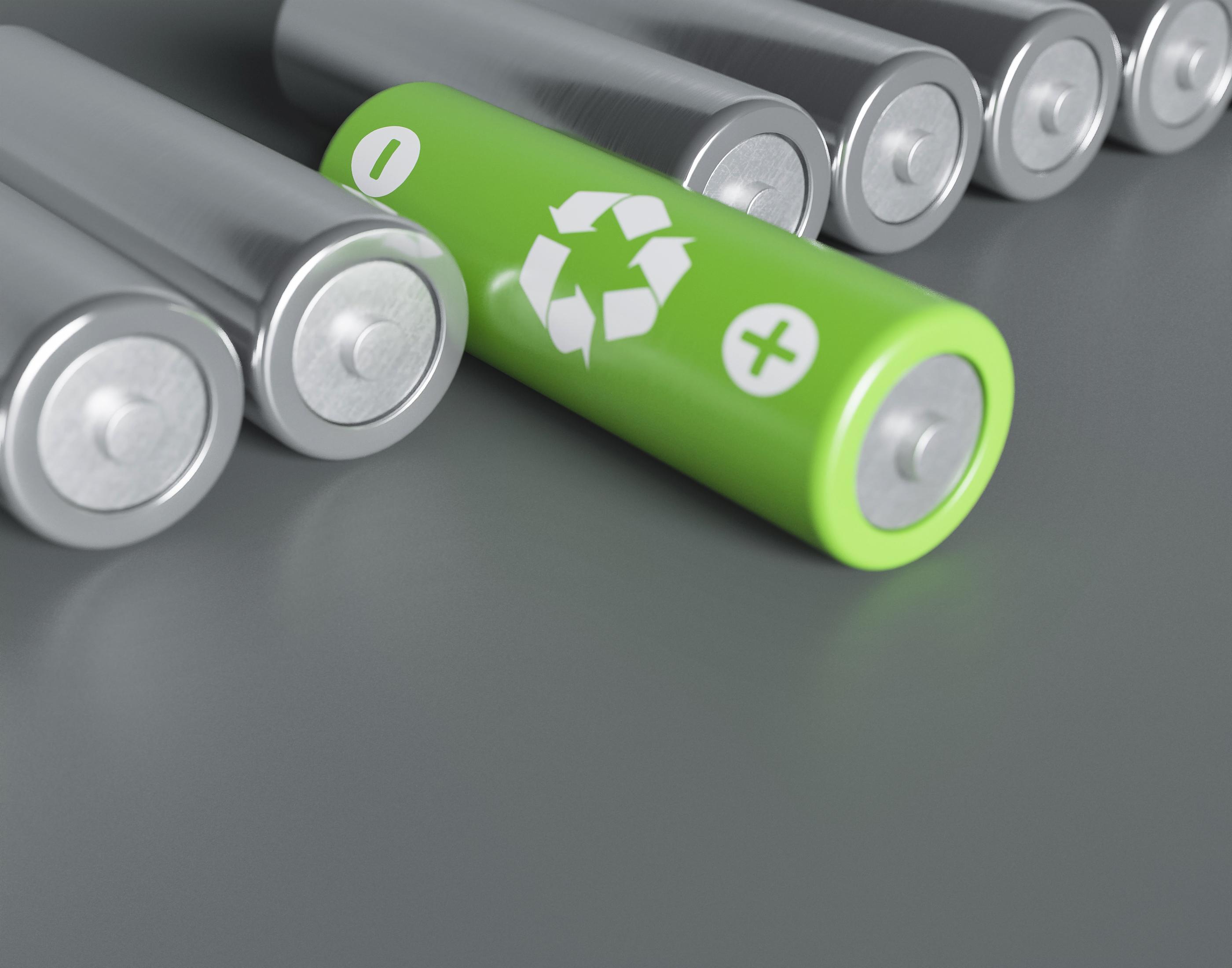
Related Stories

Lithium-ion battery charging the future green
The surge in demand for lithium-ion batteries in India is primarily due to their widespread usage across various industrial sectors, including telecommunications, healthcare, and uninterruptible pow..
Read more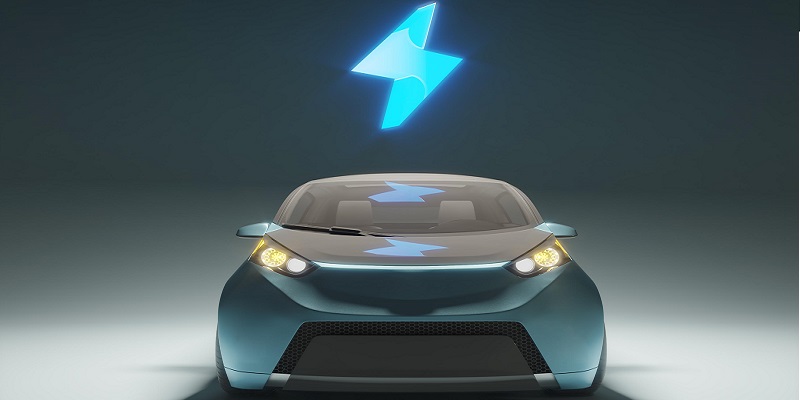
Park+ survey shows most Indian EV owners consider shifting to ICE vehicles
A significant 88% of respondents expressed concerns about charging anxiety, surpassing the traditional worry of range anxiety.
Read more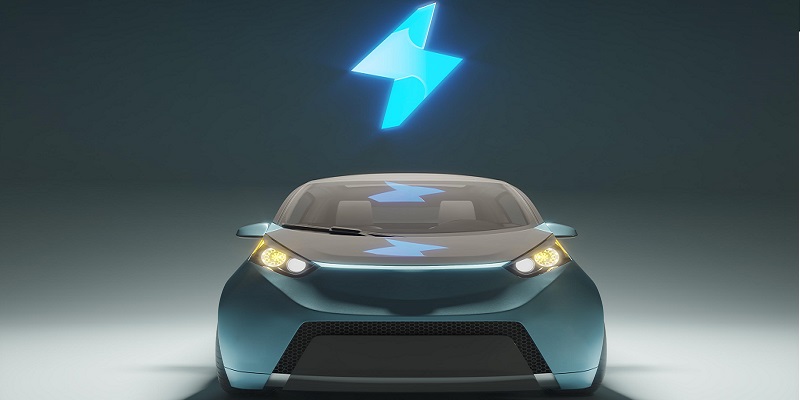
Park+ survey shows most Indian EV owners consider shifting to ICE vehicles
A significant 88% of respondents expressed concerns about charging anxiety, surpassing the traditional worry of range anxiety.
Read moreRelated Products
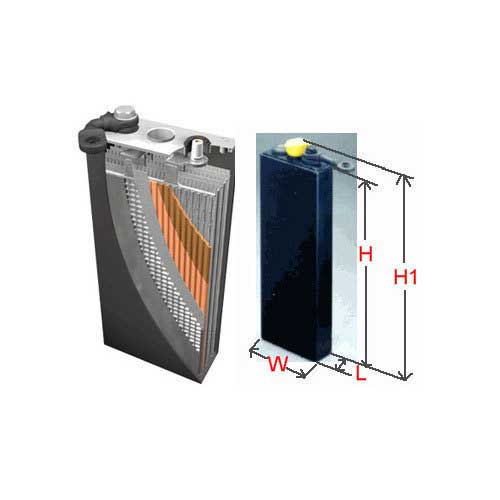
Forklift Battery
Aatous International is a manufacturer and solution provider of a wide range of forklift battery.
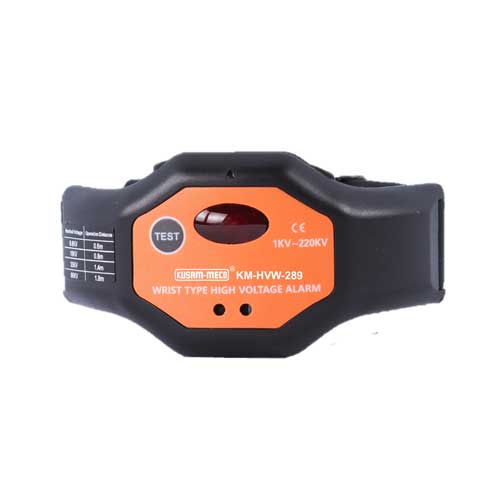
Wrist Type High Voltage Alarm
‘KUSAM-MECO’ has introduced a new wrist Type High Voltage Alarm Detector - Model KM-HVW-289 having a wide sensing range from 1kV-220 kV AC.
Servotech Power Systems files 2 patents for energy management technologies
Servotech Power Systems, a leading manufacturer of EV chargers and solar solutions, has announced that it has filed two patents for innovative energy management technologies in order to facilitate gri Read more





